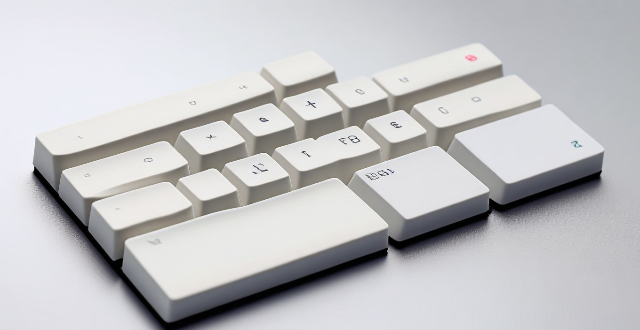This article explores the factors that contribute to latency in both wired and wireless keyboards, including internal processing time, connection type, computer response time, signal interference, battery life, and distance from the receiver. While wireless keyboards do have some additional factors that can contribute to latency, modern wireless technology has significantly reduced these issues, and many high-quality wireless keyboards now offer very low latency comparable to wired keyboards. The choice between a wireless or wired keyboard depends on individual needs and preferences regarding convenience, cost, and maintenance.

Are Wireless Keyboards More Susceptible to Latency Issues Than Wired Ones?
Wireless keyboards are becoming increasingly popular due to their convenience and sleek design. However, one common concern among users is whether wireless keyboards are more susceptible to latency issues than their wired counterparts. In this article, we will explore the factors that contribute to latency in both types of keyboards and provide an answer to this question.
What is Latency?
Latency refers to the delay between the time a key is pressed on a keyboard and the time the computer registers the input. This delay can be caused by various factors, including the keyboard's internal processing time, the type of connection used (wired or wireless), and the computer's response time.
Factors Contributing to Latency in Wired Keyboards
1. Internal Processing Time: All keyboards, regardless of their connection type, have some internal processing time. This is the time it takes for the keyboard to recognize the key press and send the signal to the computer.
2. Computer Response Time: The speed at which your computer processes the input from the keyboard can also affect latency. If your computer is running slowly or has a lot of background processes, it may take longer to register the key press.
Factors Contributing to Latency in Wireless Keyboards
1. Connection Type: Wireless keyboards typically use either Bluetooth or a proprietary wireless dongle to connect to the computer. These connections can introduce additional latency compared to a wired connection.
2. Signal Interference: Wireless keyboards can experience interference from other wireless devices in the vicinity, such as Wi-Fi routers, cordless phones, or even other Bluetooth devices. This interference can cause delays in the transmission of data between the keyboard and the computer.
3. Battery Life: Most wireless keyboards run on batteries, and low battery levels can affect performance, including increased latency.
4. Distance from the Receiver: The distance between the wireless keyboard and its receiver can also impact latency. If the keyboard is too far away from the receiver, it may take longer for the signal to reach the computer.
Comparing Latency Between Wireless and Wired Keyboards
While wireless keyboards do have some additional factors that can contribute to latency, modern wireless technology has significantly reduced these issues. Many high-quality wireless keyboards now offer very low latency, often comparable to wired keyboards. However, there are still some potential downsides to using a wireless keyboard:
- Higher Cost: Wireless keyboards generally cost more than their wired counterparts.
- Battery Maintenance: You'll need to replace or recharge the batteries periodically.
- Setup Time: Pairing a wireless keyboard with your computer can sometimes be more time-consuming than simply plugging in a wired keyboard.
In conclusion, while wireless keyboards do have some additional factors that can contribute to latency, many high-quality models offer very low latency comparable to wired keyboards. Ultimately, the choice between a wireless or wired keyboard depends on your specific needs and preferences regarding convenience, cost, and maintenance.